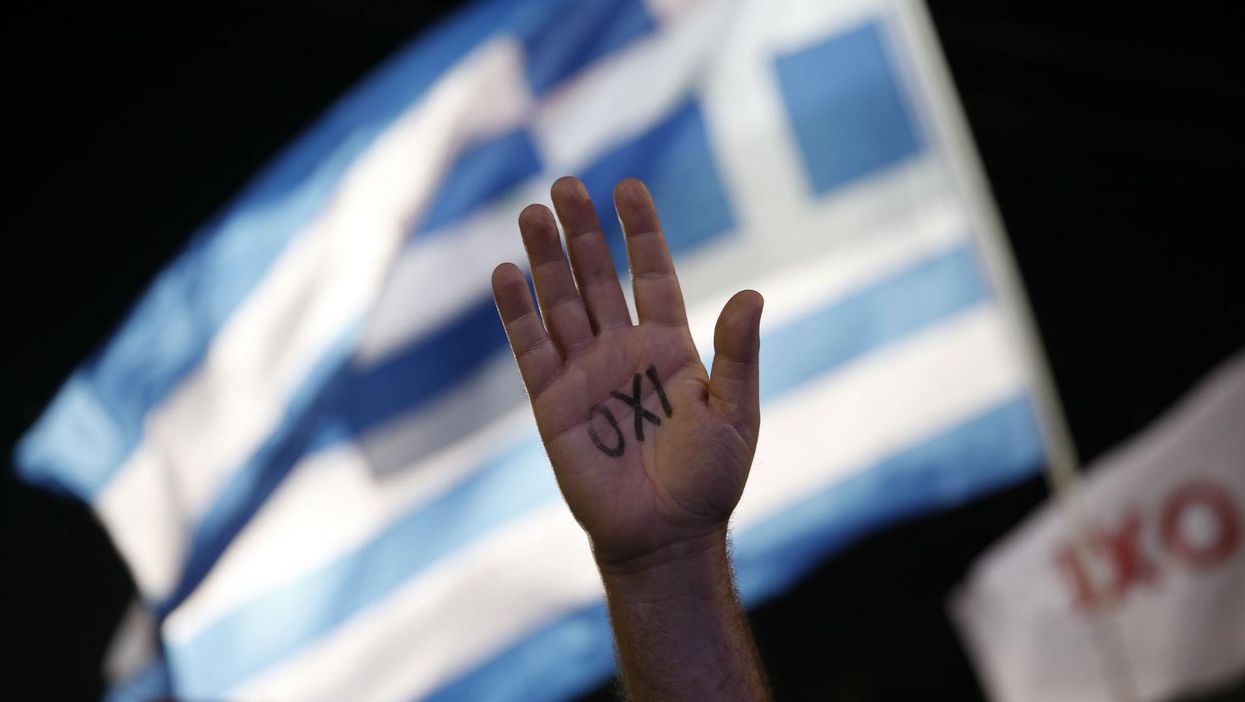News
Ben Chu (edited
Jul 07, 2015

Picture: AP
Scenario 1: Greeks capitulate
It's possible Alexis Tsipras is secretly hoping to do a quick deal that resolves the crisis. His very late offer to creditors last week to accept the bulk of their demands left the two sides close.
Creditors could offer token concessions. That would mean Athens agreeing to impose more austerity to avoid a default on bonds owed by the European Central bank on 20 July.
However, that new austerity is likely to make Greece’s recession worse which could prompt the fall of the Syriza government.
Scenario 2: Creditors capitulate
Creditors are starting to realise that if Greece does exit the euro they will be faced with a much bigger default bill than the price of paying for Athens to remain part of the club.
Plus, creditors would need to send large quantities of financial and other forms of aid to Greece if Grexit occurred (the alternative is a failed state on their doorstep). So the creditors could decide that compromise is the wisest option after all.
The major risk of capitulation from the creditors’ perspective would be that other insurgent populist parties in Europe could get a big lift from Syriza’s victory, creating upheaval across the continent.
Scenario 3: No one capitulates
Picture: GettyThe result could be deadlock. The Greek banking system would run out of cash in a matter of weeks, and on 20 July Athens would default on a €3.5bn bond repayment to the European Central Bank.
The ECB could cut the emergency funding from the Greek banking system. To prevent the banks going bust, the Athens government would have to nationalise them.
Eventually, the government prints a batch of drachma notes. That would mean Greece leaves the euro - and could even turn to Russia.
More: A man is trying to crowdfund €1.6bn to bail out Greece and wants your help
More: Syriza and the Greek people have just found an unlikely ally
Top 100
The Conversation (0)














